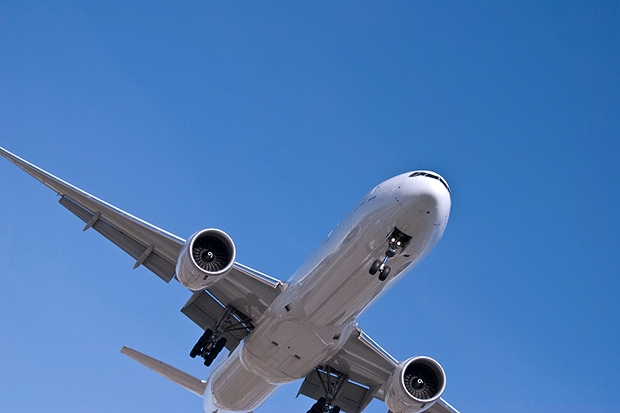Unambitious agreement for aviation is unfair for the rest of the industries / aviation will be kept in EU ETS
 The 39th Assembly of the International Civil Aviation Organization (ICAO) has adopted for the first time ever a decision to curb CO2 emissions from aviation. “This is historic, but unambitious“, commented Peter Liese (EPP), EP rapporteur on the inclusion of aviation in the EU ETS and the „stop-the-clock-decision“.
The 39th Assembly of the International Civil Aviation Organization (ICAO) has adopted for the first time ever a decision to curb CO2 emissions from aviation. “This is historic, but unambitious“, commented Peter Liese (EPP), EP rapporteur on the inclusion of aviation in the EU ETS and the „stop-the-clock-decision“.
“The decision unfortunately doesn’t foresee any emission reduction, participant countries are only committed to “carbon neutral growth”. This means that future emissions have to be compensated. This is very disappointing given the fact the International Air Transport Association (IATA), has proposed a reduction of 50% until 2050. Furthermore, Co2-neutral growth is virtual only as airlines are going to “offset” their emissions. Through Carbon Offsetting, airlines will purchase emissions certificates from climate protection projects in order to compensate virtually their emissions. Real emissions won’t be reduced at the source. Quality standards for such projects are still uncertain. There was such an offsetting mechanism within the EU ETS in the past as well; however, it was abolished as it turned out to be difficult to verify the real amount of achieved emission reductions and to assess the quality of the projects. Furthermore, participation in the Global Market-based Measure (MBM) scheme for international aviation is voluntary until 2027 – six years later than originally foreseen”, explained Liese.
With enormous growth projected for the aviation sector, aviation emissions will continue to grow rapidly. For this reason, ICAO already set in 2010 the goal of “carbon neutral growth from 2020”.
The European Union adopted a Directive already in 2008 that covers all flights that start and or land in Europe, including intercontinental flights, in the EU ETS. The legislation came into force in 2012 but to trigger the international process at ICAO, the European Union stopped the clock two times, so that in the first four years only flights inside Europe were covered. “It was never true that Europe stood in the way of an international agreement, but unfortunately third-countries managed to give this impression. That is why, we did stop the clock as a sign of good will”, explained Peter Liese. The plenary of the European Parliament expressed its disappointment this Thursday on the proposal on the table at ICAO that was adopted almost unchanged. The resolution of the European Parliament states: “any amendment of the existing legislation on including aviation in the EU ETS can only be considered if the GBMB is ambitious, and that, in any case, intra-European flights will continue to be covered by the EU ETS; (paragraph 28).“
Members of the Parliament now have to analyse how they deal with the results and which consequences the GMBM will have on EU legislation. The EU Commission will come up with a legislative proposal, in which the Commission will draw consequences from the ICAO decision.


